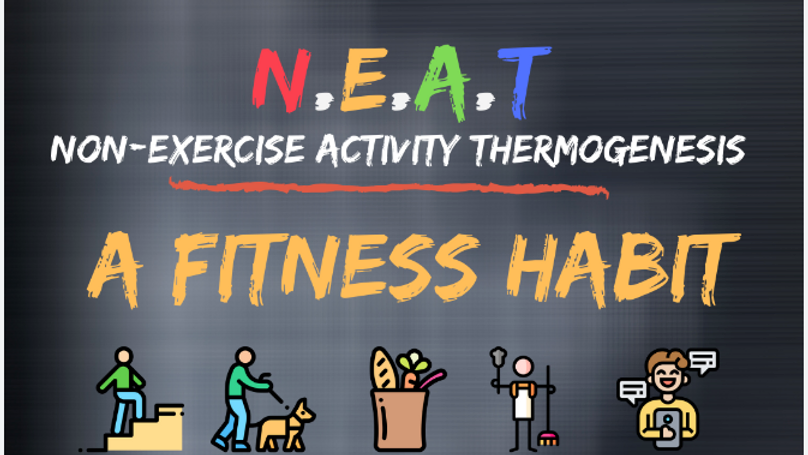Katie presented information on how essential sleep is to weight management. Research shows that adults need between 7 – 9 hours of uninterrupted sleep each night. That means that over a third of the population is considered sleep deprived, getting 6 ½ hours or less a night. The reasons include:
- We live in a very busy society, and sleep is low priority. But constantly feeling burned out is no way to live – one of the clearest reasons to sleep is so you can actually “thrive” and not just exist.
- Our lives are filled with technology and screen time – exposure to blue light suppresses the body’s production of melatonin, which is our sleep hormone.
- Sleep disorders affect approximately 50 – 70 million Americans, and these compromise our quality of life. They include:
- Sleep apnea – when you stop breathing several times an hour, it disrupts sleep
- Insomnia – difficulty falling or staying asleep due to stress, illness, medication or alcohol
- Restless Leg Syndrome – unpleasant sensation in the legs with an irresistible urge to move them – can be due to medications, mineral deficiencies, or illness
- Pain – this can cause some to awaken several times a night and decreases the quantity and quality of a person’s sleep, which can then actually make them feel worse
- Work Schedule – more people are working evening or night shifts, throwing off our normal Circadium Rhythm to go to sleep when it’s dark and wake up when the sun rises.
Sleep is like nutrition for the brain. In order to get QUALITY sleep, you need to move through 5 stages of sleep 3 – 4 cycles per night. We cycle between REM (rapid eye movement) sleep, when we dream; and non-REM sleep. 75% of our night is spent in non-REM sleep, and 25% in REM sleep. If any stage of sleep is interrupted, the cycle restarts.
- Stage 1 – light sleep
- Stage 2 – heart rate slows and sleep is deeper
- Stage 3 – Deep sleep – if awakened during this stage, you will be groggy
- Stage 4 – Deepest, restorative sleep. Muscles relax, tissue and organs are repaired
- Stage 5 – the body is immobile, but the brain is active, dreams occur, and energy is sent to the brain and body
During sleep muscle repair and healing can occur, memory is consolidated, hormones that regulate growth and appetite are released, energy is restored leading to a healthier immune system, and blood pressure decreases reducing stress on the heart and blood vessels.
What happens we are sleep deprived?
- Our body produces more of the stress hormone, cortisol
- This leads to and increase in the hunger hormone, ghrelin, and a decrease in the hormones making us feel “satisfied” or full
- Our willpower is decreased
- We develop insulin resistance, putting us at higher risk for Diabetes
- We are more tired and less likely to exercise, and our metabolism is slower
So when we get enough sleep, it can:
- Help fight food cravings and make healthier choices
- Help maintain our resting metabolic rate
- Allow us to increase our physical activity
- All of which can help maintain a healthy weight
The research around sleep shows that:
- Within 4 days of sleep depreivation, insulin sensitivity dropped by more than 30% causing and increase in insulin diabetes, the precursor of diabetes;
- Women who are sleep deprived are 33% more likely to gain 30 pounds over the next 30 years;
- People who are sleep deprived had a 55% reduction in fat loss when dieting compared to those who got enough sleep.
Keys to better sleep:
- Shut down the computer, cellphone, TV at least an hour before bed
- Think relaxation and release rather than work or entertainment
- Create a bedtime ritual – don’t try to tackle big issues
- Stick to a schedule of waking up and going to bed at the same time every day
- Watch what and when you eat – avoid heavy meals and alcohol near bedtime
- Avoid caffeine 5 – 6 hours before sleep
- Turn out the lights – darkness tells your body to release melatonin
- Use your CPAP machine every night
- The fragrance lavender is helpful for relaxing
- Take a warm bath
- Read instead of watching TV before bed
- Exercise regularly
- Yoga, meditation, relaxation daily
“The 1/3 of our lives that we spend sleeping, far from being “unproductive,”
plays a direct role in how full, energetic and successful the other 2/3 of our lives can be.”









